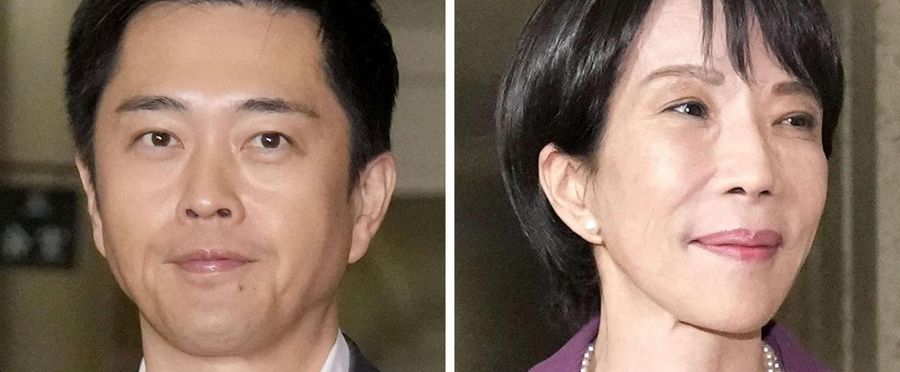The Ishin Party, currently part of Japan's ruling coalition, has announced it will continue with its policy to cooperate while retaining its autonomy. Despite being part of the cabinet, the party has shown differences in its approach and policy direction. As Japan navigates pressing issues such as economic growth, sovereign defense, and international relations, the independent stance of the Ishin Party manifests a complex power dynamic within the government.
In Japan's unique political landscape, third parties like Ishin often serve as kingmakers, wielding significant influence despite not being the majority. The policy differentiations signal nuanced maneuvering to win public support while maintaining coalition stability. Japanese people value political consistency and stability, making this announcement noteworthy.
In contrast to the multi-party coalitions often seen in Japan, the US typically functions with a two-party system, and distinct platforms are laid out prior to elections. In the EU, coalition dynamics resemble Japan, with different parties often cooperating on certain issues while maintaining party identity and independence, creating a complex tug-of-war between cooperation and ideological integrity.

